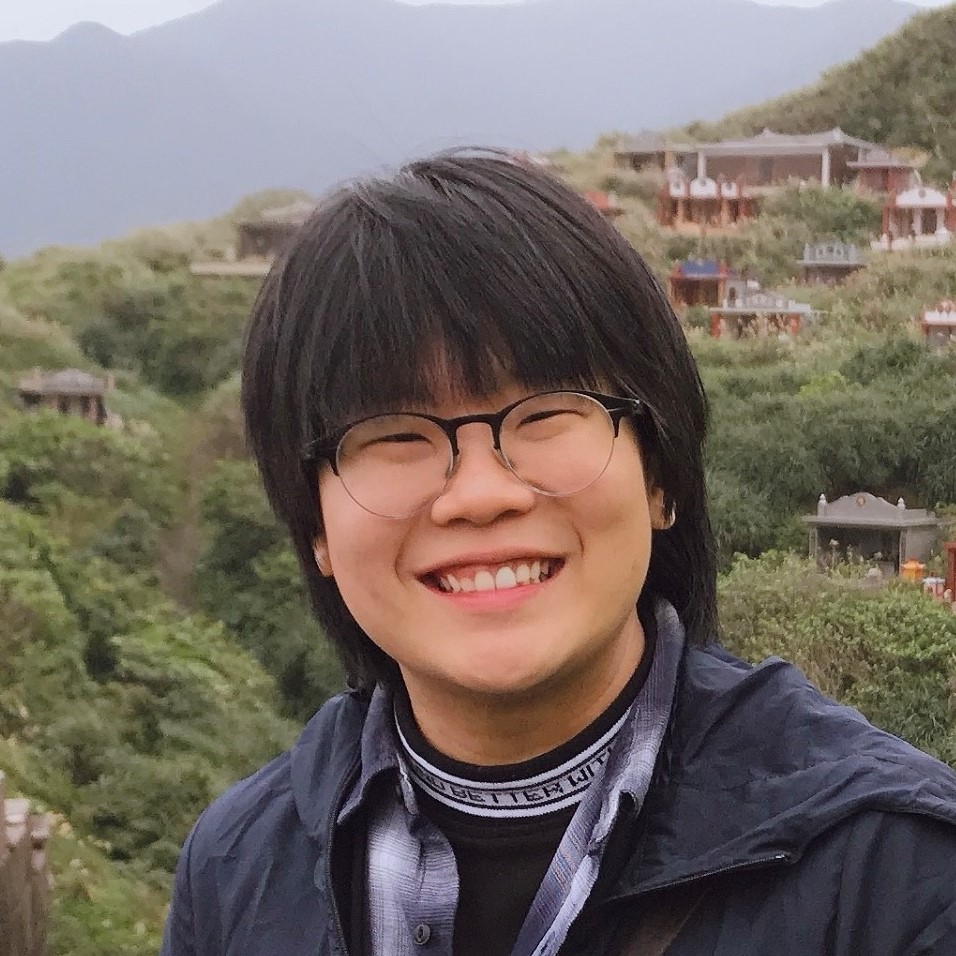Could you tell us a bit about yourself and your academic background?
 Hello, I am Isara Vongluanngam from Bangkok, Thailand. My education background is in Food Technology, (Chulalongkorn University, Thailand). During my study there, I had an internship opportunity at Siam Winery in Thailand, which introduced me to this beautiful and unique industry. During my internship, we did several micro-vinification experiments with different grape varieties and yeast strains. Suddenly, I had a strong passion to pursue my career in the wine-making area!
Hello, I am Isara Vongluanngam from Bangkok, Thailand. My education background is in Food Technology, (Chulalongkorn University, Thailand). During my study there, I had an internship opportunity at Siam Winery in Thailand, which introduced me to this beautiful and unique industry. During my internship, we did several micro-vinification experiments with different grape varieties and yeast strains. Suddenly, I had a strong passion to pursue my career in the wine-making area!
Soon after my internship, I was granted a Franco-Thai scholarship from the French government to study for a Master’s degree in Viticulture and Oenology in the program of Master International Vintage. The mobility program gave us great opportunities to study and live in three different countries:
- École Supérieure d’Agricultures (L’ESA), Angers, France for the module Terroir and Wine business as home school based
- University of Trás-os-Montes e Alto Douro (UTAD), Vila Real, Portugal for Viticulture
- University of Szent István Egyetem, Budapest, Hungary for an Oenology course including study trips in several European wine regions
For my Master’s internship and thesis, I worked with Ruffino (Constellation brands company) which collaborated with the University of Bologna, Italy, focusing on managing oxygen during the winemaking process using inertizatation (N2) as well as oenological tannins.
After my Masters, I wanted to get hands-on industry experience, so I continued with the harvest at Ruffino winery located in Tuscany, Italy (Chianti). I then moved to Marlborough (NZ) working at Villa Maria and then to Napa Valley (USA) at Etude Wines (Treasury Wine Estates company). Working in different wine regions provided me with the opportunity not only to see various winemaking techniques, but it also allowed me to meet so many amazing people in this industry. During work in the wineries, I always had a curiosity in wine science especially in chemistry from the sensory point of view. Therefore, I decided to focus on the wine research area and that’s why I am here right now.
Could you introduce us to your project and what it involves?
 This project focusses on the impact of light on both oxidative and reductive development in wine. Many white and rose wines are bottled in clear glass bottles with screw cap closures and are often stored under fluorescent light in retail stores. Such conditions can induce undesirable aromas, referred to as light struck flavour, in the wine. This aroma can be similar to cooked cabbage or rotten eggs. Copper (II) ions are often added to wines in order to remove similar aromas from wines that develop poorly in low oxygen conditions.
This project focusses on the impact of light on both oxidative and reductive development in wine. Many white and rose wines are bottled in clear glass bottles with screw cap closures and are often stored under fluorescent light in retail stores. Such conditions can induce undesirable aromas, referred to as light struck flavour, in the wine. This aroma can be similar to cooked cabbage or rotten eggs. Copper (II) ions are often added to wines in order to remove similar aromas from wines that develop poorly in low oxygen conditions.
One objective of this project is to investigate the interaction of Cu (II) with the aroma compounds induced by the exposure of wine to light in low oxygen conditions, and to assess if Cu (II) can suppress light struck characters or act as an indicator of their emergence. The potential to use light to accelerate the colour stabilisation of red wine during wine production will also be assessed.
What can you see yourself doing in the future?
I am passionate about the wine industry and want to keep working in it into the future. Currently, I would like to gain more research experience as well as practical work to understand industry needs. If possible, in the future, I would like to work as a wine consultant to be a bridge between academia and industry. Foremost, I will just enjoy all the moments in my life with good food, good wines and good people.
